Meet the Institute Postdoctoral Fellows and Pre-doctoral Fellows at the University of Chicago. The fellowships are full-time academic appointments for individuals from a variety of disciplines and perspectives who are interested in building a scholarly understanding of cities. Positions are structured between the Mansueto Institute and one of the University of Chicago’s Departments or Schools.

Robert French
Institute and Harris School of Public Policy Postdoctoral Fellow
Robert French is a Postdoctoral Fellow at the Mansueto Institute for Urban Innovation and the Harris School of Public Policy. As an applied urban and public economist, he researches the consequences of urban sorting on spatial inequality, housing affordability, and the welfare of low-income households. His ongoing research combines large-scale administrative data from the US Census Bureau with economic theory to understand the consequences of gentrification for incumbent residents in gentrifying neighborhoods. Before joining the Mansueto Institute, Robert graduated with a Ph.D. in Public Policy from Harvard University and received a B.A. and M.A. in Economics from the University of Toronto.
Advisers: Joshua Gottlieb, Professor, Harris School of Public Policy and Christopher Berry, William J. and Alicia Townsend Friedman Professor; Director, Mansueto Institute for Urban Innovation.

Laura Fürsich
Institute and Department of Sociology Postdoctoral Fellow
Adviser: Linda Zhao, Assistant Professor, Department of Sociology and Luis Bettencourt, Professor of Ecology and Evolution

april l. graham-jackson
Institute and Department of Sociology Postdoctoral Fellow

Guangbin Hong
Institute and Kenneth C. Griffin Department of Economics Postdoctoral Fellow
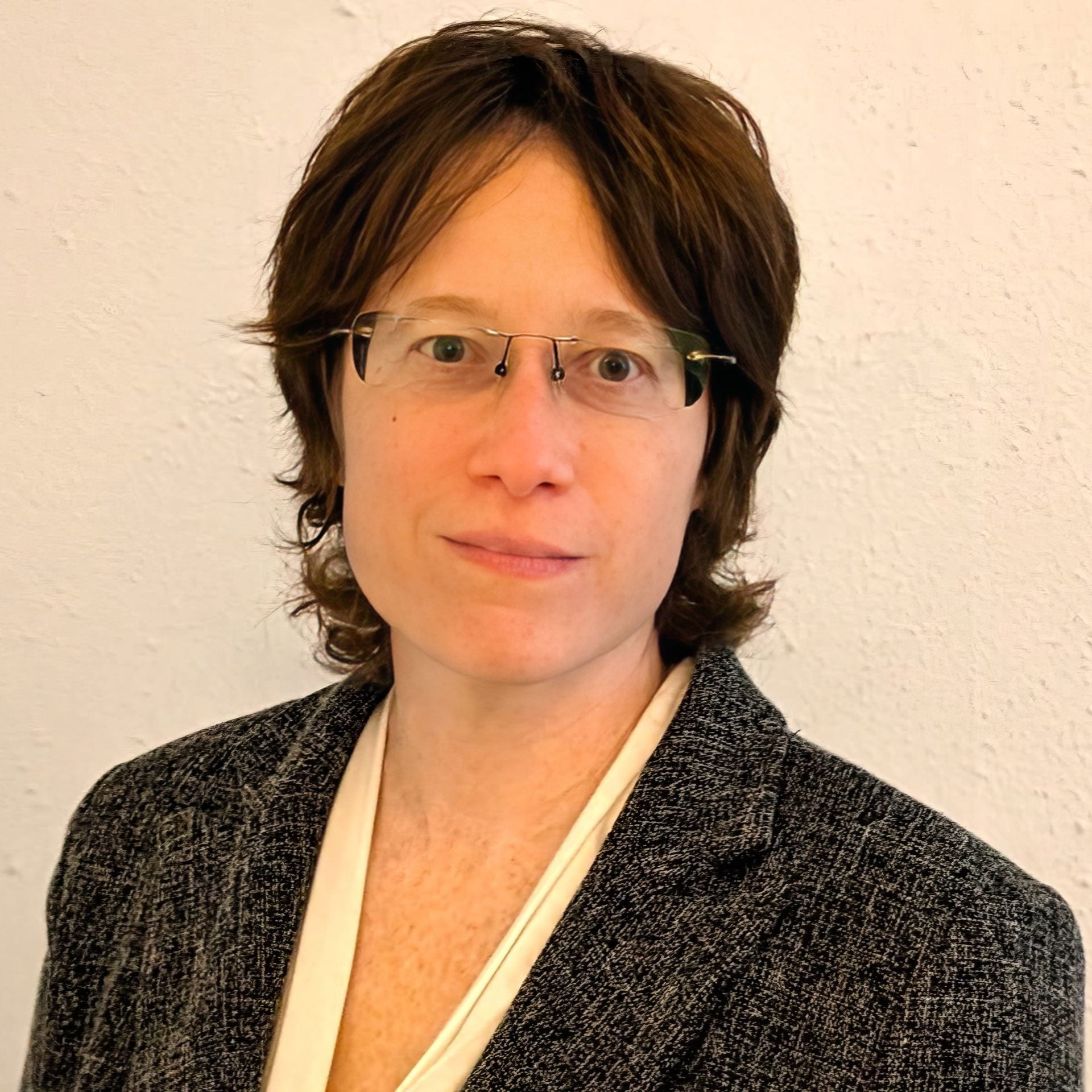
Cheryl Weyant
Institute Postdoctoral Fellow and Department of Geophysical Sciences in the Physical Sciences Division Postdoctoral Scholar
Cheryl Weyant is a postdoctoral fellow at the Mansueto Institute for Urban Innovation and an air quality scientist. She has conducted pollutant emission measurements from large-scale brick production, oil and gas developments, and residential wood and gas stoves. She uses pollutant measurements coupled with observations of technology operations and human behavior to understand impacts on the climate and human health. At the University of Chicago, she will study historic emissions and energy transitions with Elisabeth Moyer in the Department of Geophysical Sciences, and the distribution and variability of pollution in urban environments in collaboration with the Community Research on Climate and Urban Science (CROCUS) at Argonne National Laboratory.
Adviser: Elisabeth Moyer, Associate Professor, Atmospheric Science, Department of Geophysical Sciences
Past Institute Fellows
Post-Doctoral
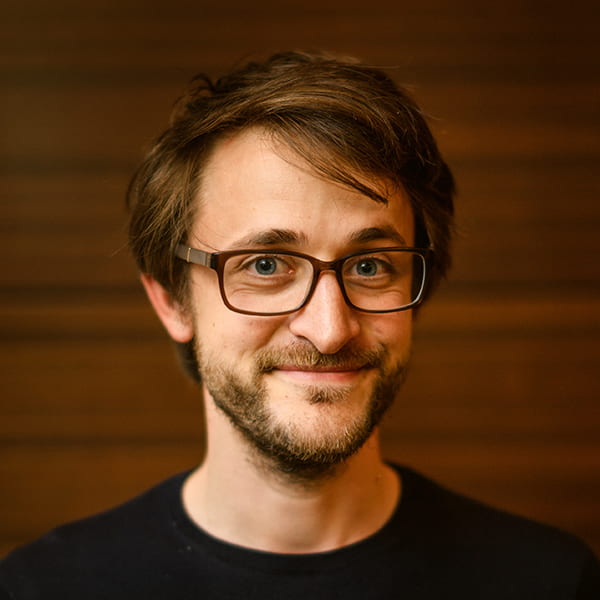
Christof Brandtner
Assistant Professor at Emlyon Business School
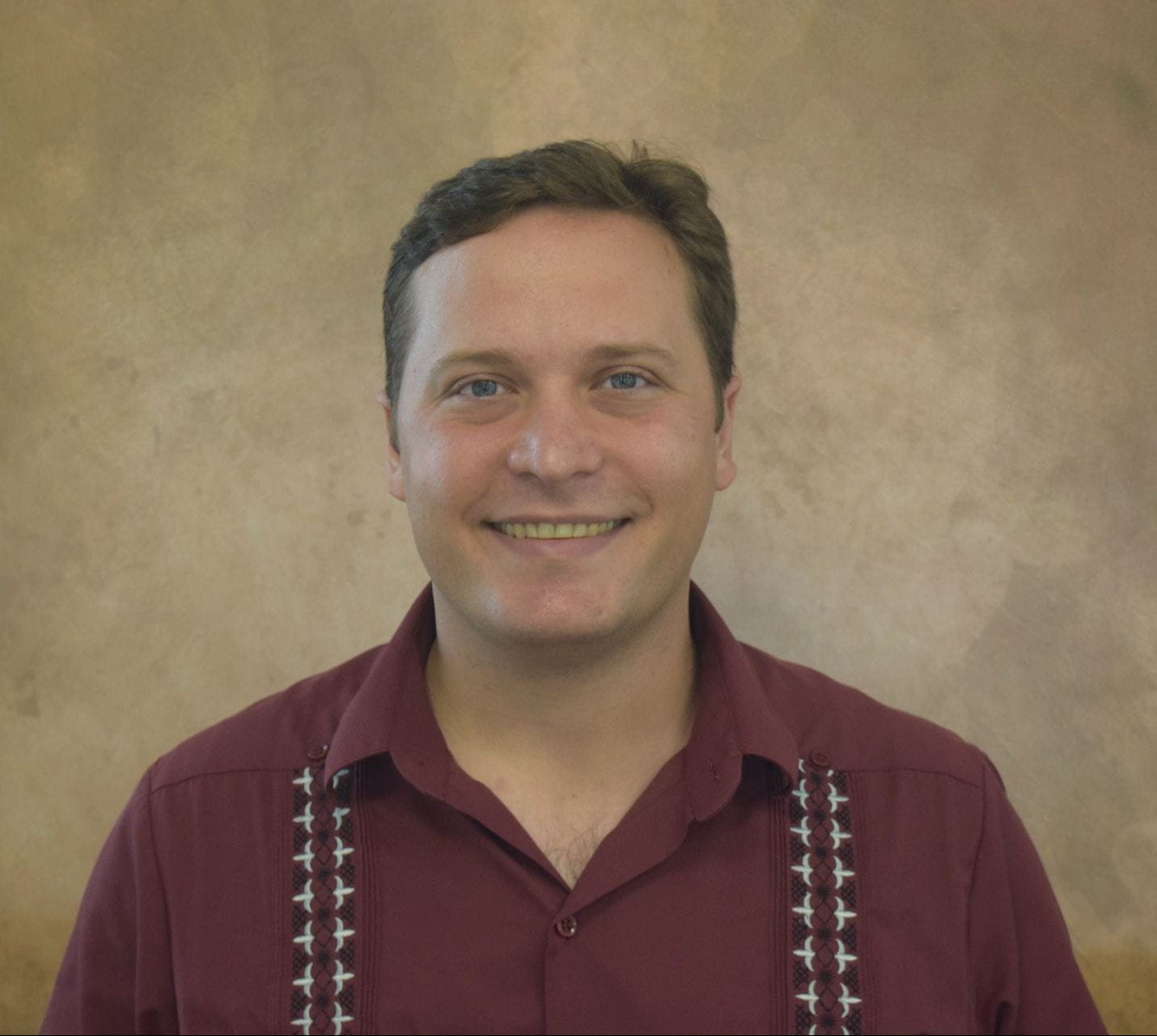
Adrian Chase
Visiting Assistant Professor, Archaeology Program, College of Arts & Sciences, Boston University
Adrian S.Z. Chase is an anthropological archaeologist studying urbanism among the ancient Maya through the use of lidar data, excavated materials, and computational methods. He completed a postdoctoral appointment with the Mansueto Institute for Urban Innovation and the Department of Anthropology at the University of Chicago in July 2024 working with adviser Sarah Newman. His undergraduate degrees were in Archaeology and Computer Science from Harvard College and focused on the computer analysis of lidar data in combination with archaeological data to study reservoirs at the site of Caracol, Belize. His graduate research for both his MA and PhD at Arizona State University involved investigating ancient Maya urbanism and combining lidar and archaeological data to reconstruct and test neighborhoods, examine urban services and their provisioning, and analyze collective and autocratic governance at Caracol. In addition to archaeological investigations at Caracol, he has participated in field research at Hirbemerdon Tepe in Turkey and at both Chichén Itza and Teotihuacan in Mexico. His publications are available for download at the Caracol Archaeological Project. Adrian joins Boston University as a Visiting Assistant Professor in the Archaeology Program of the College of Arts & Sciences in fall 2024, where he will continue his work studying the history and settlement patterns of ancient cities, focusing on Caracol and comparative research between ancient and modern cities.
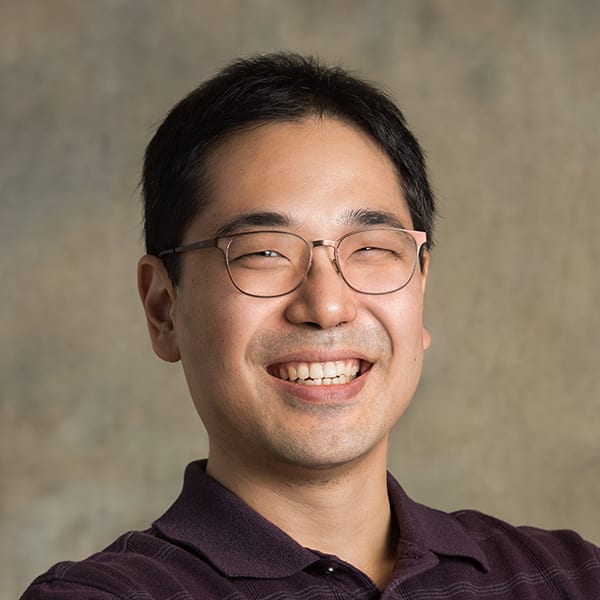
Kyoung Whan Choe
Data Science Adviser, Corca
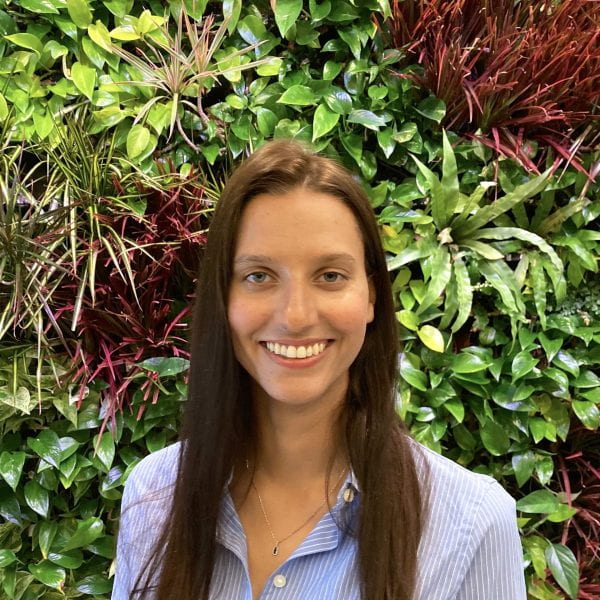
Alex Ciomek
Postdoctoral Fellow, Nuffield College at the University of Oxford
Alex Ciomek joined the University of Chicago as an Institute Postdoctoral Fellow & Crown Family School of Social Work, Policy, and Practice Postdoctoral Scholar after completing her Ph.D. in Sociology at Harvard University. Her research interests broadly include crime and deviance, social networks, urban sociology, gangs, and policing. Alex’s research utilizes social network analysis and data on police contacts to better understand the dynamic and spatial patterning of crime, building on her previous work examining the distribution of the concentration of crime across Boston using official data. She also uses network analysis to study gang membership in an urban context, including the validity of an official gang member label and how exposure to gunshot victimization within an urban network can influence life course outcomes. In addition to her academic work, Alex served as a Rappaport Institute Public Policy Fellow at the Boston Regional Intelligence Center in 2015. Alex received her M.S. in Criminology and her B.A. in Mathematics and Criminology at the University of Pennsylvania.
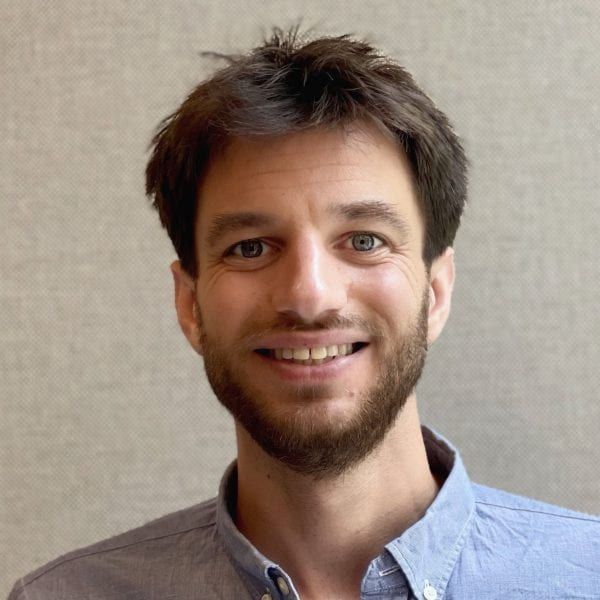
Chris Esposito
Osborne Postdoctoral Fellow in the Strategy Unit at UCLA Anderson School of Management and Price Center for Entrepreneurship and Innovation
Chris Esposito researches the causes of regional economic development, in particular how regional development is shaped by technological change. His dissertation developed theory and data to study how technologies evolve over long time periods, investigated how new geographical centers for innovation emerge, and mapped out the geography of breakthrough innovation. In two related lines of research, Chris studied the impacts of Los Angeles’ minimum wage increase on the local economy and labor force, and the causes of the slowdown in R&D productivity. Chris received his Ph.D. in Geography from UCLA in June 2021. He was a postdoctoral fellow at the University of Chicago with appointments in the Mansueto Institute for Urban Innovation and the Knowledge Lab in the Department of Sociology.
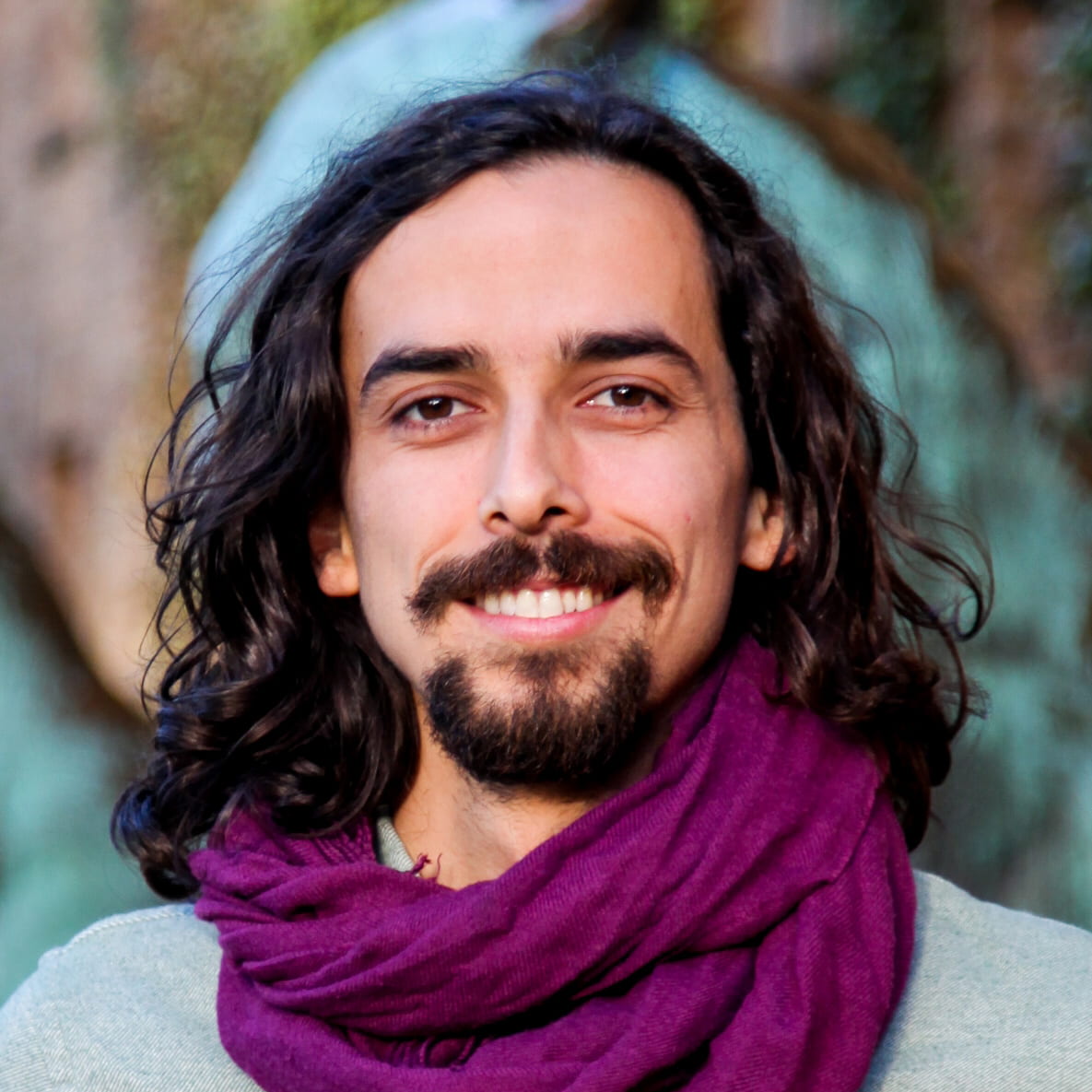
Benjamin Fogarty-Valenzuela
Assistant Professor at the Leiden University Cultural Anthropology and Development Sociology Department
Benjamin Fogarty-Valenzuela joined the University of Chicago after receiving his PhD in anthropology from Princeton University in 2019. His book project, Pedagogies of Occupation: Free Time, Professionalization, and Protest in Urban Brazil, examines the politics and policing of youth in Brazil. The book addresses the anthropology of policing and incarceration, youth activism, education, digital media, drugs, and time, and is based on research that has been published in Current Anthropology. In a recent event with The New Yorker’s Jon Lee Anderson, he launched Art of Captivity / Arte del Cautiverio (University of Toronto Press 2020, co-authored with Kevin Lewis O’Neill). A Spanish/English photo-ethnography and digital exhibition, the book investigates artistic production by youth inside drug rehabilitation centers in Guatemala. Fogarty-Valenzuela’s research has been supported by the National Academy of Education/Spencer Foundation, Open Society Foundations, and the Harold W. Dodds Honorific Fellowship. At the University of Chicago, he teaches “Virtual Ethnographic Methods”—the class syllabus appearing in the Cultural Anthropology blog—and convenes the Chicago Ethnography Incubator. His multimodal work won the 2020 Current Anthropology Visual Anthropology Competition, and in 2021 he became the journal’s inaugural Visual Media Editor. He is currently working on a film that chronicles the occupation of a school by a vanguard youth movement in Brazil.

AMY KRAUSS
Visiting Fellow, Pozen Center for Human Rights
Amy Krauss holds a Ph.D. (2016) in Anthropology from Johns Hopkins University and is a Visiting Fellow at the Pozen Center for Human Rights. Her current book project examines feminist practices of care and solidarity across rivaling state jurisdictions of abortion rights and criminalization in Mexico City. More broadly, the project addresses critical questions of law and social change; urban healthcare systems and inequality; and the intersections of ethnographic research and feminist activism. She teaches courses on human rights and reproductive justice movements in Latin America and the U.S., and on the politics and ethics of representation in ethnographic, visual and literary depictions of pain and social suffering.

MICHELE MASSA
Assistant Professor, Archaeology, Bilkent University (Turkey)
A Near Eastern archaeologist, Michele Massa holds a PhD degree from University College London and held joint appointment at the Mansueto and the Institute for the Study of Ancient Cultures. His academic interests include theoretical approaches to social complexity (urbanism, conflict, labor specialization), environmental archaeology and archaeometallurgy. A common thread to Michele’s academic work is his interest to make knowledge of past societies relevant to the present, something that he has pursued through collaboration with public archaeologists, cultural heritage managers and social anthropologists across several projects. His current research at Mansueto aims at investigating the impact of cities on their surrounding natural and human landscapes during the early stages of urbanization in southwest Asia (4000-500 BCE). Between 2016 and 2018, he was an Assistant Professor at Bilecik University (Turkey), and since 2017 he is the co-director of KRASP (Konya Regional Archaeological Survey Project), an interdisciplinary program that investigates the dynamic relation between nature and society in central Anatolia across the Holocene (9500 BCE-present).
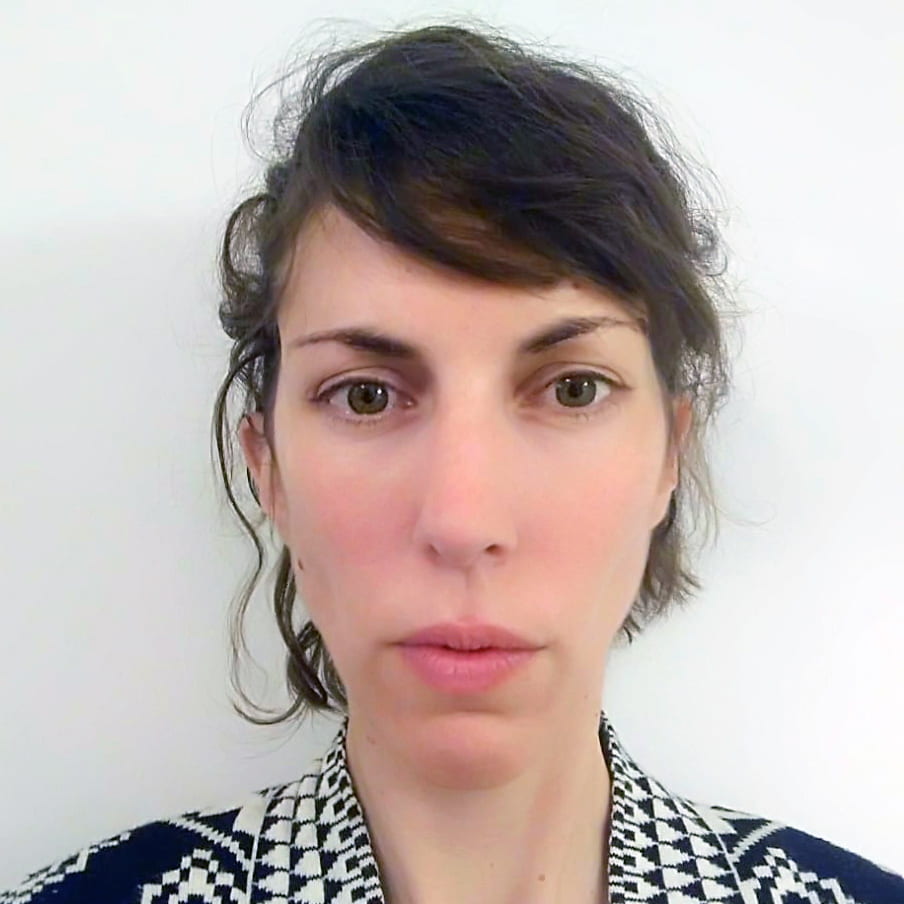
VICTORIA ROMEO AZNAR
Former Institute Postdoctoral Fellow & Evolution and Ecology Postdoctoral Scholar
Victoria Romeo Aznar is from Argentina and joined the University of Chicago Modeling and Theory in Ecology and Epidemiology Lab as a postdoctoral scholar in 2016. She received her PhD in Physics from the University of Buenos Aires, where she developed a non-linear stochastic model for the population dynamics of the mosquito Aedes aegypti, one of the main vectors of Dengue. She also conducted research in the Biology of Integrative Systems Lab at Leloir Institute Foundation, where she developed and analyzed prioritization methods for complex networks of biological origin. She is currently seeking to understand how spatial heterogeneity, population density, and socioeconomic disparity affect the transmission of vector-borne diseases in cities. She is developing stochastic transmission models that incorporate different assumptions on the effects of human and vector distributions and mobility. She is a physicist who is curious about complex systems, and the application of mathematical models to biology and social sciences. She enjoys exploring the outdoors and traveling.
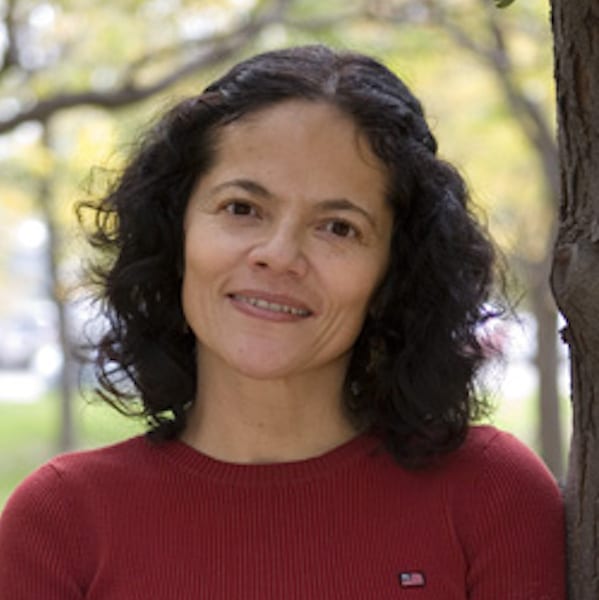
PATRICIA ROMERO-LANKAO
Professor of Sociology, University of Toronto
Pati Romero-Lankao is an “interdisciplinary sociologist” by training and has worked with scholars and decision makers at local, national and international scales. She was jointly appointed at the Mansueto Institute and National Renewable Energy Laboratory (NREL), and has been a research scientist at the National Center for Atmospheric Research (NCAR), leading NCAR’s “Urban Futures” initiative. Her research explores the dynamics of urbanization and the systems that shape urban emissions, vulnerabilities and risk. She has also studied why and how particular cities attempt to meet the challenges of reducing emissions while improving their resilience to environmental impacts and designing urban-scale interdisciplinary studies that inform and are informed by global-scale interdisciplinary research.
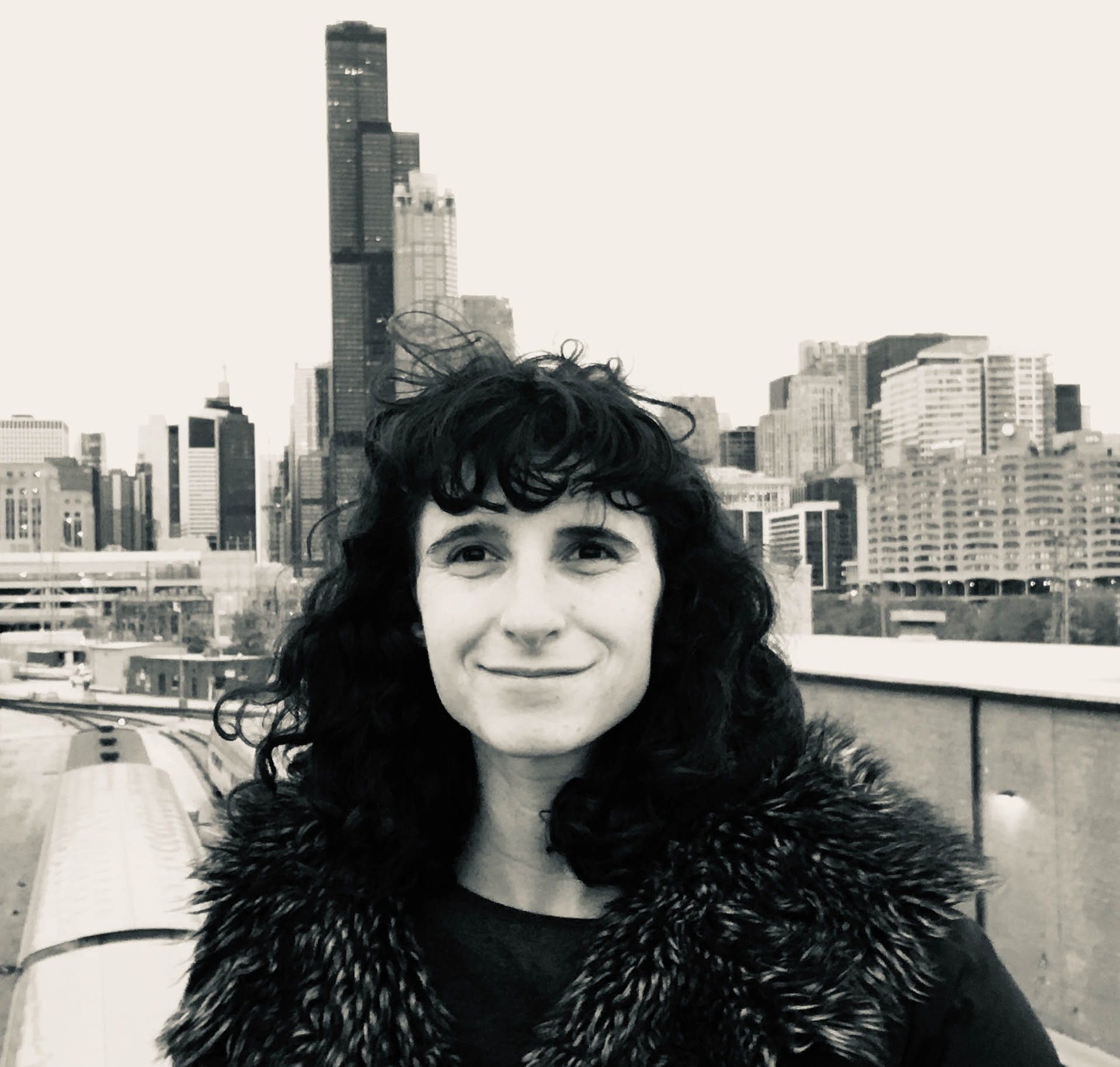
NICOLE ROSNER
Former Institute Postdoctoral Fellow & Anthropology Postdoctoral Scholar
Nicole Rosner was a Postdoctoral Fellow at the Mansueto Institute for Urban Innovation and a Postdoctoral Scholar affiliated with the UChicago Department of Anthropology. Her research concerns the everyday politics of city-making and the violent reproduction of social, spatial, and racial inequality. Her regional interests lie in Latin America, particularly Brazil. Her doctoral dissertation draws on ethnographic research in Rio de Janeiro, Brazil to investigate divergent political reactions to the unfinished work of urbanizing, securing and greening Rio’s working-class communities. She examines how the lived experience of urban renewal in Rio’s poor peripheries over the past decade illuminates the contemporary erosion of liberal democracy in Brazil. She is currently working on a book project tentatively titled: Remaking the City, Unmaking Democracy: The Afterlives of Urban Renewal in Rio de Janeiro. Nicole’s research has been funded by Fulbright-Hays, the Inter-American Development Foundation (IAF), the Foreign Language and Area Studies (FLAS) Fellowship; Global Metropolitan Studies Fellowship, the Stanley Brandes Grant for Ethnographic Field Research, and the Center for Latin American Studies Tinker Grant at UC Berkeley. She received her Ph.D. in Sociocultural Anthropology from the University of California, Berkeley with a designated emphasis in Global Metropolitan Studies, her MSc in City Design and Social Sciences from the London School of Economics, and her B.A. from Harvard University with honors.
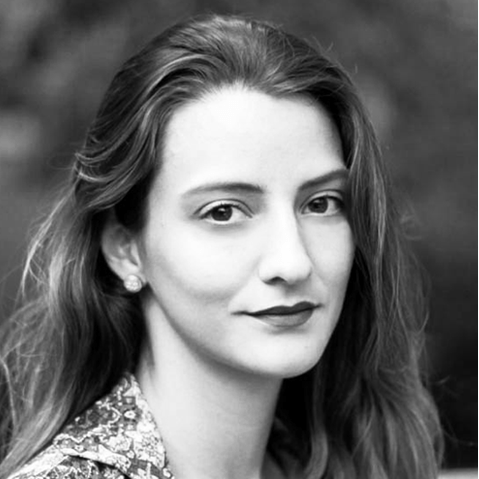
Arianna Salazar-Miranda
Assistant Professor of Urban Planning and Data Science, Yale University
Arianna Salazar-Miranda is an urban planner, designer, and data scientist working to create sustainable urban environments by harnessing new data sources and emerging technologies. Her research employs computational and quantitative methods to investigate the relationship between urban planning policies, the built environment, human behavior, and sustainability. Her recent projects have explored the design sustainability of suburban neighborhoods, the enduring impact of redlining on environmental risks in disadvantaged communities, and the viability and social consequences of adopting planning models that encourage localized living. After completing her Postdoctoral Fellowship at the Mansueto Institute and Division of Social Sciences with adviser Emily Talen, she joined Yale University as an Assistant Professor of Urban Planning and Data Science. She earned her PhD in Computational Urban Science and a Master’s in Urban Planning from MIT. Before her doctoral studies, she obtained a Licentiate in Architecture from Veritas University in Costa Rica.
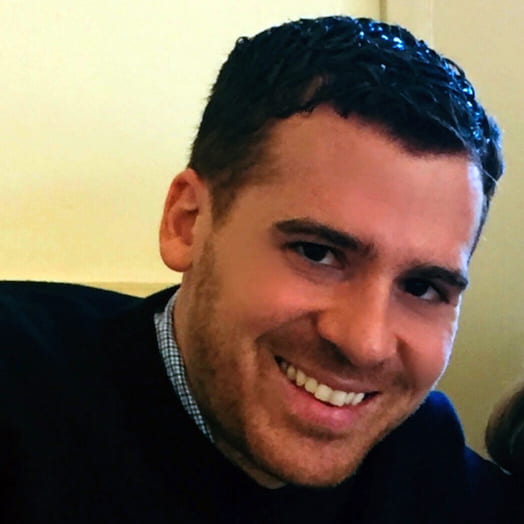
Jared Schachner
Research Scientist, Homelessness Policy Research Institute, USC Sol Price School of Public Policy
Jared Schachner completed his PhD in Sociology & Social Policy at Harvard, where he was a doctoral fellow in the Multidisciplinary Program in Inequality and Social Policy and a Meyer Fellow at the Joint Center for Housing Studies. He spent his Postdoctoral Fellowship at the Mansueto Institute and Crown School. His research examines whether and how urban neighborhoods, schools, and childcare settings mediate the intergenerational transmission of skills and status. To this end, he draws on theories and methods from urban sociology, inequality/stratification, sociology of education, social policy, and spatial analysis and uses his hometown of Los Angeles as a case study. Prior to completing his doctorate, Jared attended Harvard’s Kennedy School, worked at the New York City Department of Education, consulted several national nonprofits, including the United Negro College Fund, Audubon Society, and Women’s World Banking on their social impact strategies, and received a B.A. in Philosophy, Politics & Economics and Urban Studies from the University of Pennsylvania.
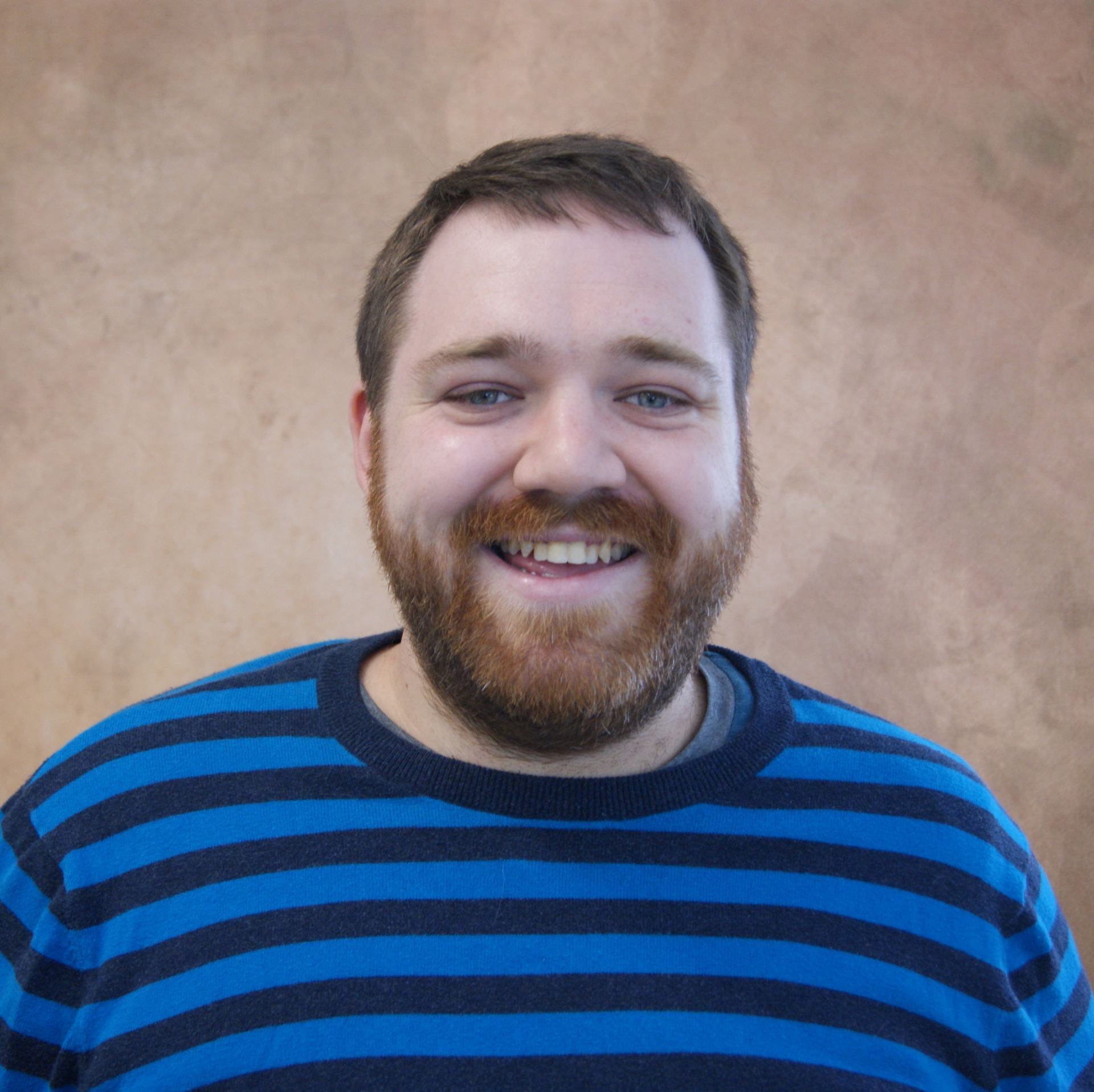
Riley Tucker
Postdoctoral Fellow, Department of Psychology at the University of Chicago
Riley Tucker was a Post-Doctoral Fellow at the Mansueto Institute for Urban Innovation, the Data Science Institute, and the Department of Psychology at the University of Chicago, working with adviser Marc G. Berman. His work seeks to advance and develop scientific theories about cities and neighborhoods using computational methods to merge traditional data sources with geospatially informed online data sets such as Twitter, Yelp, and Foursquare. His theoretical approach is strongly inspired by the classical Chicago School of sociology, with his dissertation proposing a strategy for measuring social disorganization among ambient populations using geotagged Twitter posts. He is excited to investigate how old ideas formulated at the University of Chicago can help us understand a new and changing world. He holds a PhD in Criminology and Justice Policy from Northeastern University and a BA in Sociology from Temple University.
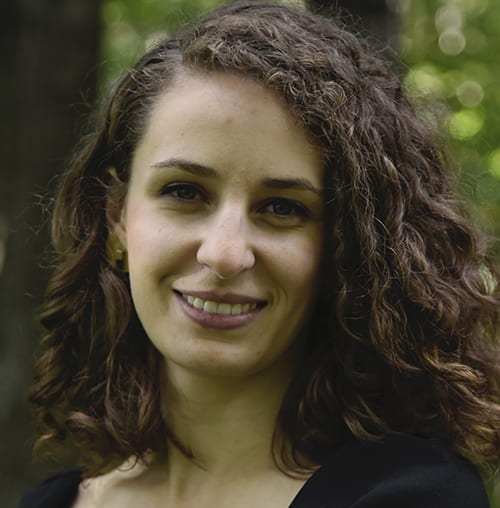
Lydia Wileden
Research Assistant Professor, University of Connecticut School of Public Policy Institute for Municipal and Regional Policy
Lydia Wileden joined the Mansueto Institute for Urban Innovation and Division of Social Sciences at the University of Chicago, working with adviser Emily Talen, after completing her PhD in Public Policy and Sociology at the University of Michigan. As a quantitative urban scholar, her work focuses on collecting and utilizing unique survey data to understand and model how people make sense of and make decisions about their local environments. Lydia’s research agenda examines the ways neighborhood knowledge, imperfect information, perceptions, place reputations, demographic change, and public policy combine to shape where and how we live. Additionally, Lydia works on the core research team developing, fielding, and analyzing the Detroit Metro Area Communities Study. Prior to graduate school, Lydia worked for Democratic Leader Nancy Pelosi and for NeighborWorks America and received her BA in Urban Studies from Barnard College, Columbia University.
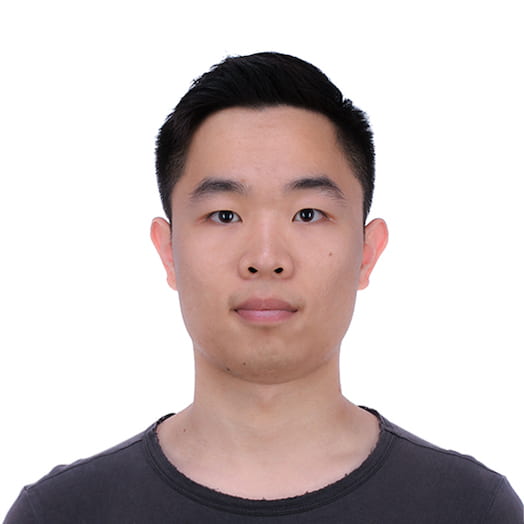
FENGLI XU
Assistant Professor, Tsinghua University Department of Electronic Engineering
Fengli Xu is a data scientist, who uses data mining, machine learning, and network representation learning algorithms to investigate how citizens move and interact in urban space. His research interests span the fields of data science, urban science, and computational social science. He currently focuses on harnessing the power of newly available urban big data (e.g., street view images and mobile network records) and developing data-driven models for urban activities. Fengli was a Mansueto Institute Fellow and Postdoctoral Researcher at the University of Chicago Knowledge Lab. Fengli received his Ph.D. in Engineering from Tsinghua University in 2019, where he developed spatiotemporal data mining algorithms and stochastic models for urban mobility.
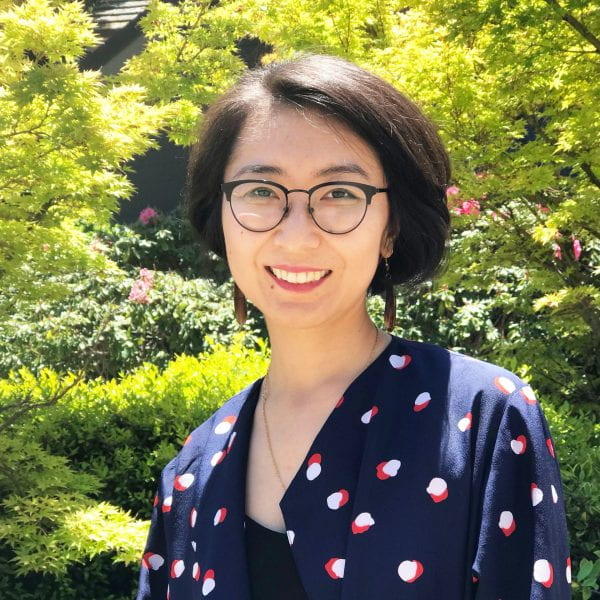
WENFEI XU
Assistant Professor, Cornell University College of Architecture, Art, and Planning, Department of City and Regional Planning
Wenfei Xu earned a PhD in urban planning at the Graduate School of Architecture, Planning and Preservation at Columbia University and completed a Postdoctoral Fellowship at the Mansueto Institute and the Center for Spatial Data Science with affiliation at the University of Chicago Department of Sociology. Her research topics include social-spatial stratification, segregation, race and ethnicity, computational methods, and neighborhood change in the United States. Her work ranges from an interest in the historical legacies of structural housing discrimination and its contemporary spatial-temporal manifestations to exploring the uses of big data in characterizing human activity for urban social science research. She holds dual Masters in Urban Planning and Architecture from MIT and a BA in Economics from the University of Chicago.
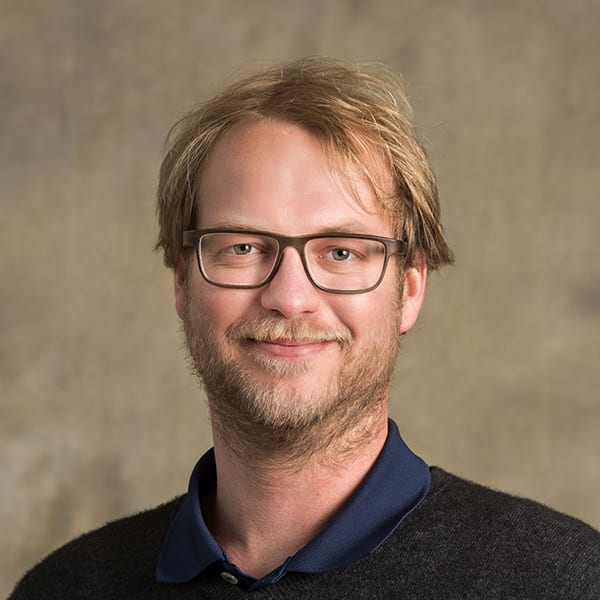
Daniel Zünd
Senior Project Manager & Data Scientist, Analysis Simulation Engineering
Daniel Zünd joined the Mansueto Institute for Urban Innovation in 2017 after completing his MSc in Computer Science and doctoral studies in Architecture/Urban Planning from ETH Zurich. He is enthusiastic about researching the fundamental laws of urban systems and their application to the real world. His goal is to find properties that can improve the quality of life in cities with minimal intervention. His previous work focused on the development of tools to support the urban planning and decision-making process, taking non-linear, self-organizing dynamics into account. The tools have been applied in different large-scale projects in Switzerland and Singapore. Daniel has been a lecturer at ETH Zurich, worked for different companies as a software engineer, and built his own startup company.
Pre-Doctoral
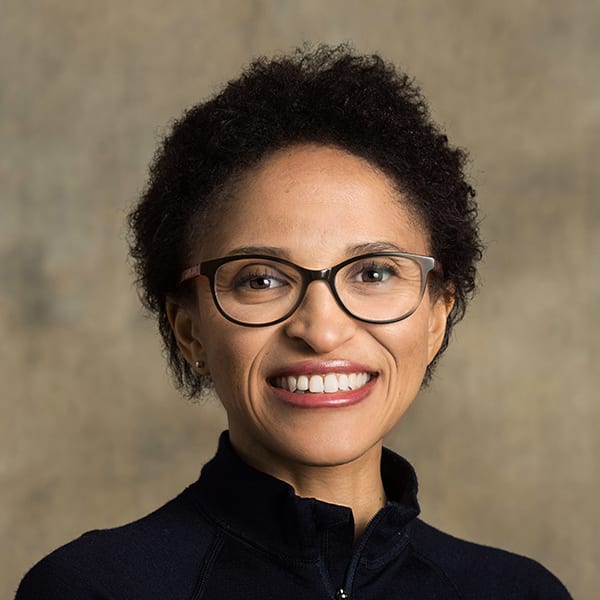
ANNI BEUKES
PhD Candidate at Zentrum für Entwicklungsforschung / Center for Development Research (ZEF)
Anni Beukes’s research interest lies at the nexus of poverty, place, and politics. She focuses on understanding how the processes and technologies of knowledge making, especially the creation and use of digital mapping tools, affect communities and populations living in marginalized neighborhoods internationally. Before joining the Mansueto Institute, Anni spent four years with Slum Dwellers International (SDI) where she was responsible for SDI’s data ecosystem, from community managed data collection, to data platform management, analysis and partnerships. She led SDI’s efforts at the intersection of organized community groups, researchers, technologists and software developers to create and refine tools, methods and practices for community-driven knowledge production. Anni holds degrees in social anthropology from University Stellenbosch in South Africa.
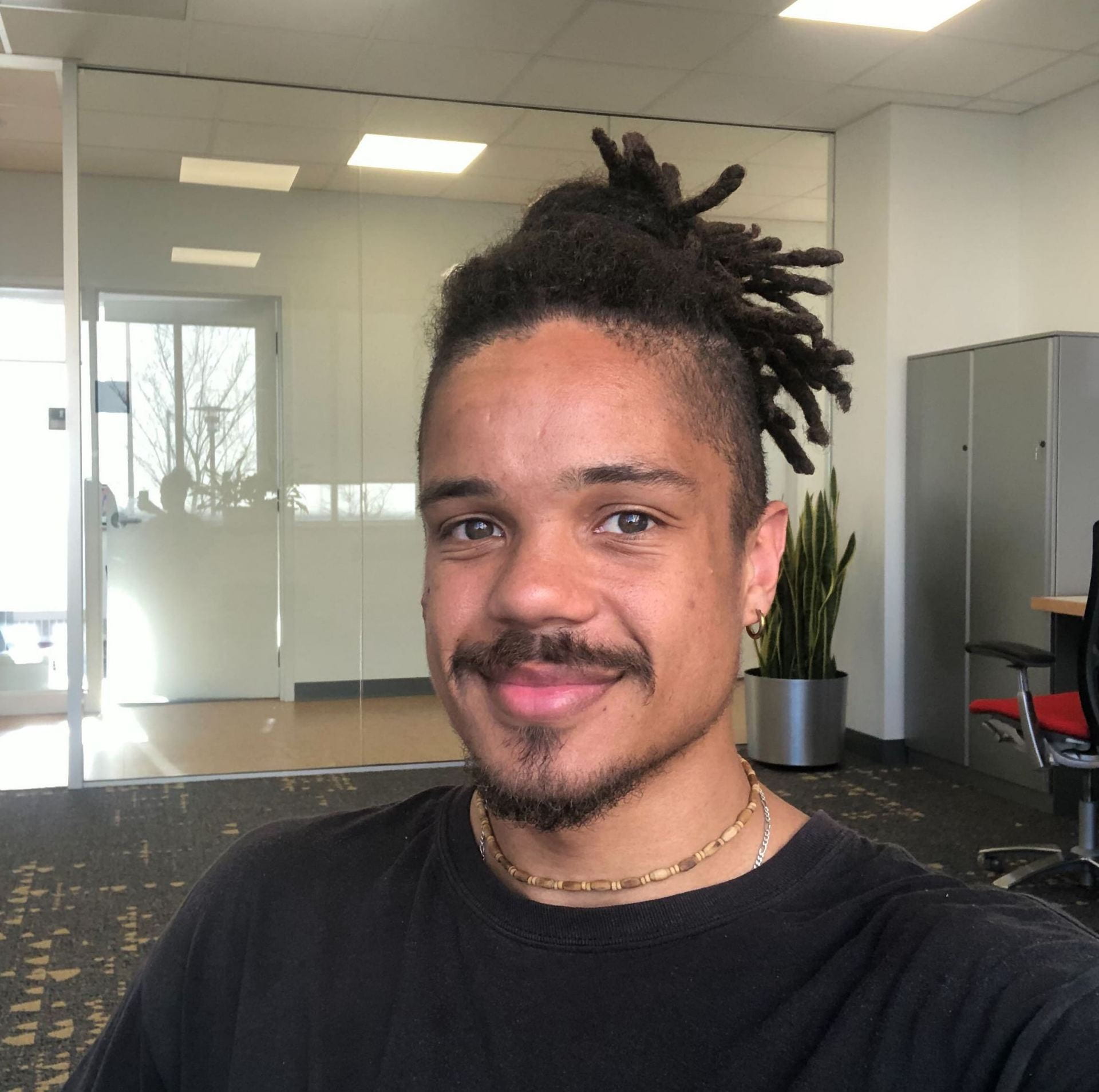
Jordan Kemp
Institute Doctoral Fellow & PhD Candidate in the Department of Physics
Jordan Kemp earned a PhD at the University of Chicago Department of Physics working with adviser Luís Bettencourt and Arvind Murugan. He researches novel theories of social and biological organization by studying agent decision-making in noisy environments. By combining techniques from statistical physics, information theory, and cognitive psychology, he derives theories for agent learning and growth, then studies how these behaviors aggregate at the population level to drive inequality and cooperation. This exciting research blends ideas from physics, machine learning, and behavioral psychology, and hopes to answer open questions from across the social sciences. Jordan comes from a small town at the base of the Appalachian Mountains in rural Pennsylvania, and did his undergraduate degree in physics at Tufts University. He also loves to enjoy the outdoors, follow politics, appreciate music and film, as well as coach and play basketball.
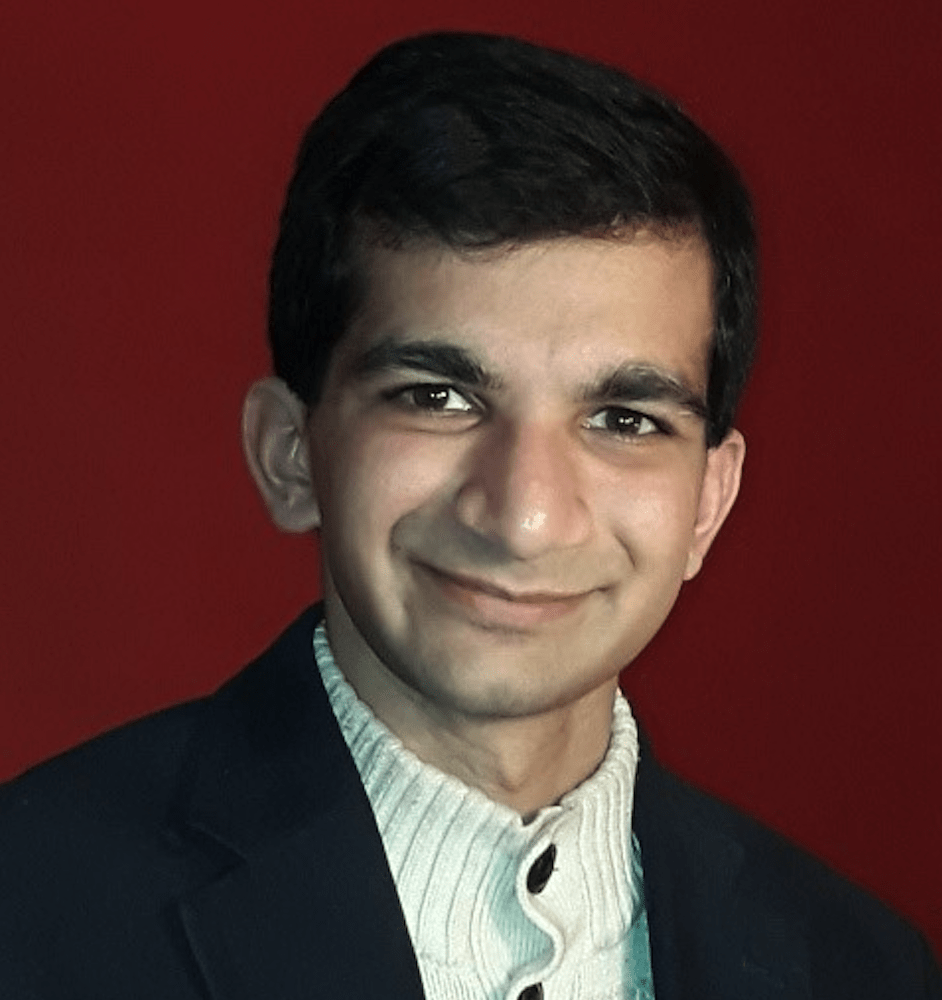
Suraj (Neil) Sheth
Former Institute Doctoral Fellow & MD-PhD Candidate at the Pritzker School of Medicine
Suraj (Neil) Sheth is an MD-PhD (MSTP) at the Pritzker School of Medicine in the Interdisciplinary Scientist Training Program, and a Doctoral Fellow in Biomedical Informatics, Global Health and Precision Medicine at the Mansueto Institute for Urban Innovation at the University of Chicago. He has served as the President of the Pritzker Journal Club and the Pritzker Business in Medicine Interest Group. Neil is the recipient of the Volunteer Gold Service Award from President Barack Obama for his leadership in the areas of Healthcare, Education and Sustainability. In 2017, he spent a year traveling around Italy and China researching the impact of smoking on teens, and worked at the World Health Organization in Beijing under Dr. Bernhard Schwartländer (currently the Chef de Cabinet at the WHO). As a mathematical biologist and data scientist studying complex systems, Neil’s interdisciplinary research in biomedical informatics utilizes large datasets to understand the impact of pandemics such as COVID-19 on local communities, and leverages population health insights for precision medicine interventions using participatory mechanisms, predictive analytics and preventive frameworks. Neil’s work is aimed at helping the World Bank, UN, and the World Economic Forum achieve the UN’s Agenda 2030 for Global Sustainable Development to create inclusive and equitable societies. He graduated summa cum laude (highest honors) from Loyola University Chicago, majoring in Biology and Molecular Neuroscience. A native of Chicago, Neil speaks conversational French, Italian, Mandarin Chinese, Hindi, Tamil and Gujarati. He enjoys water sports, reading books and traveling.
